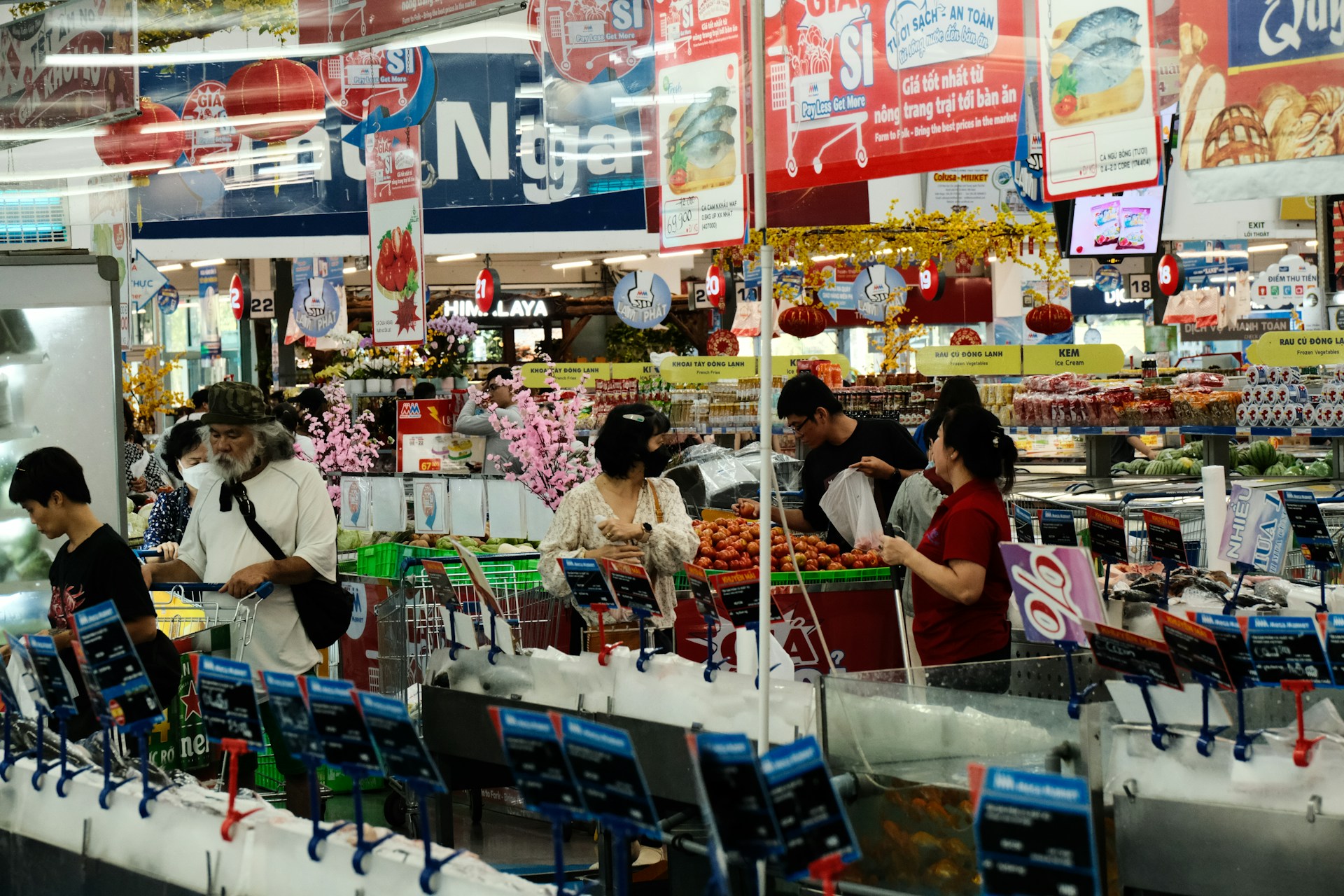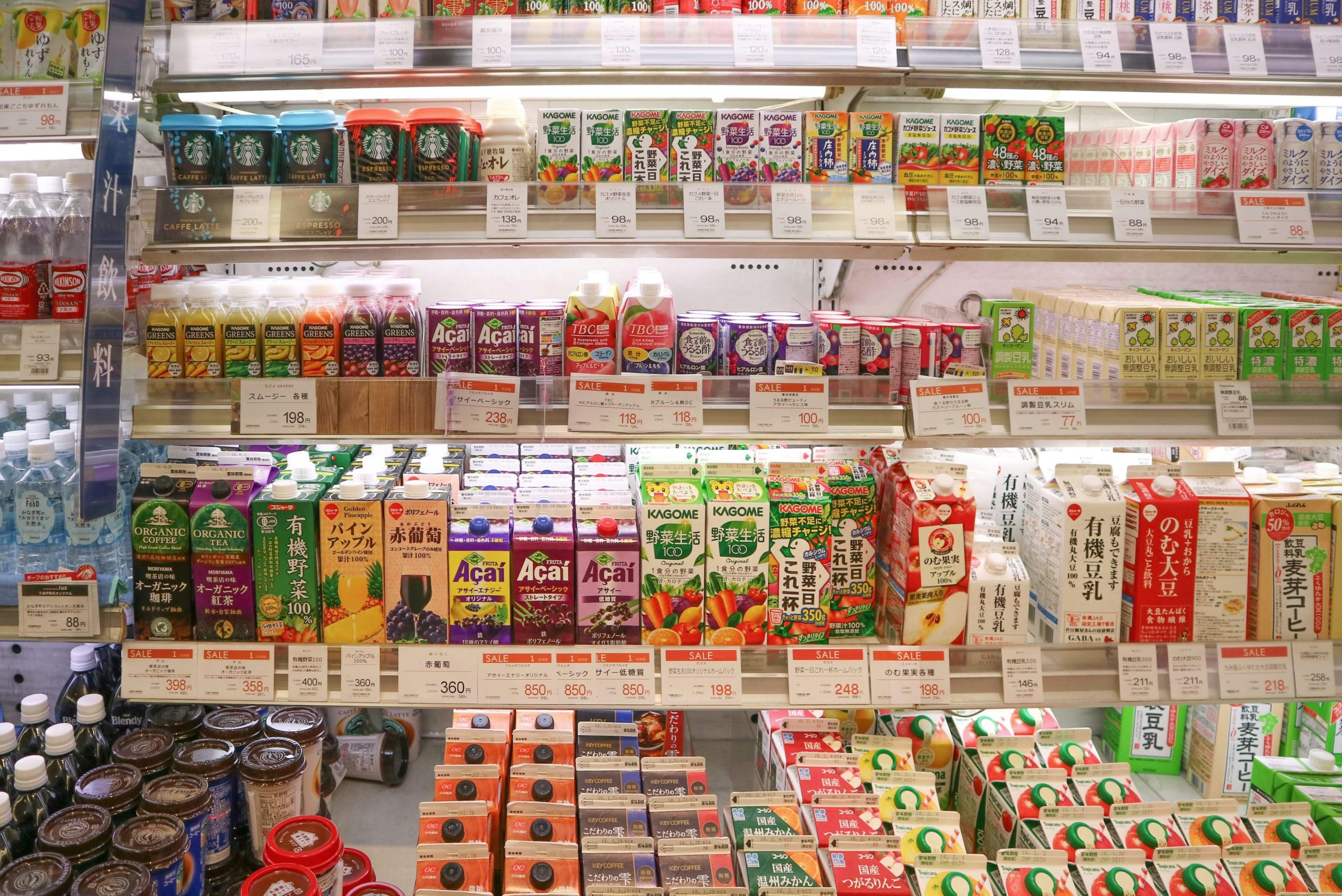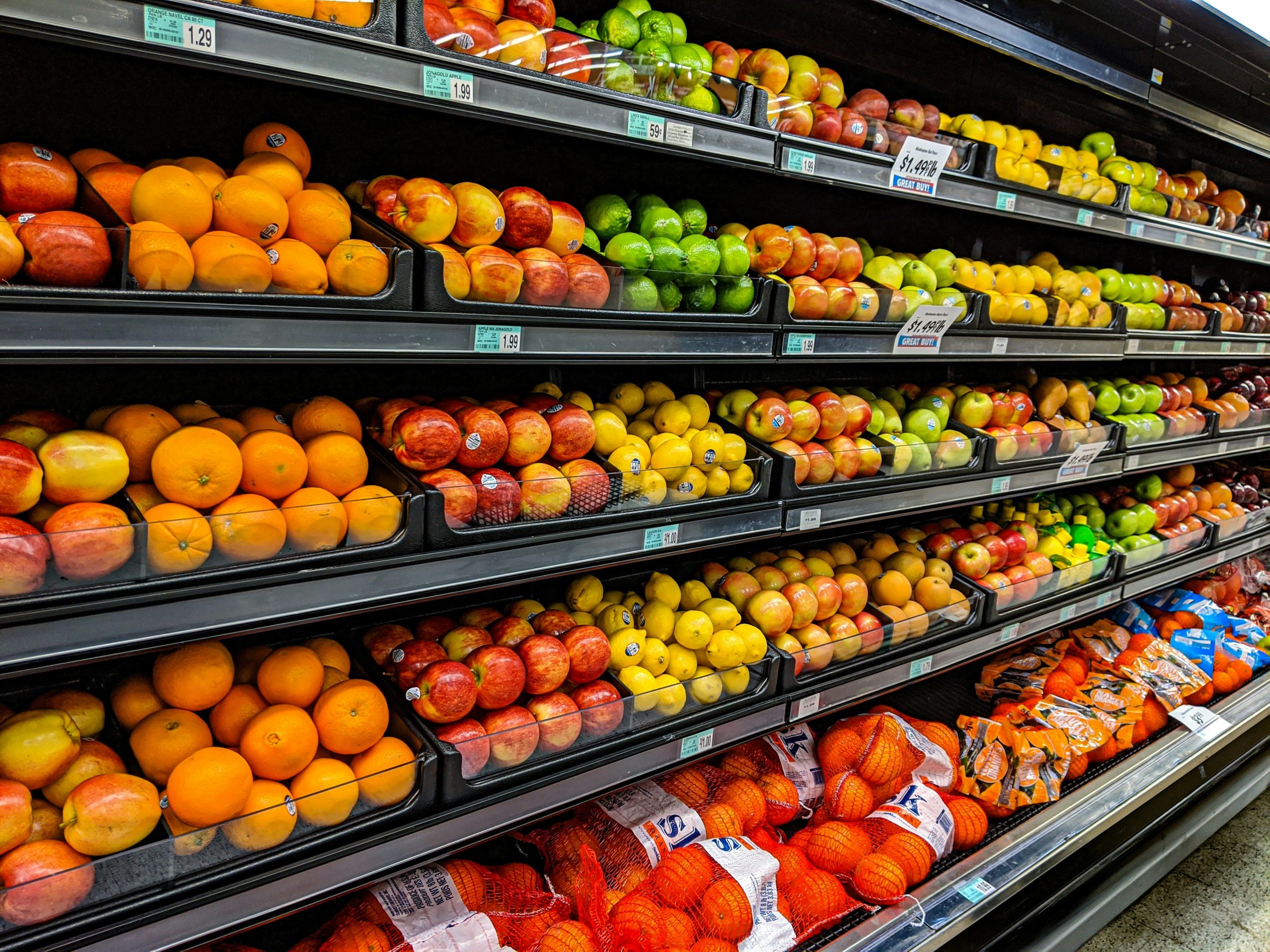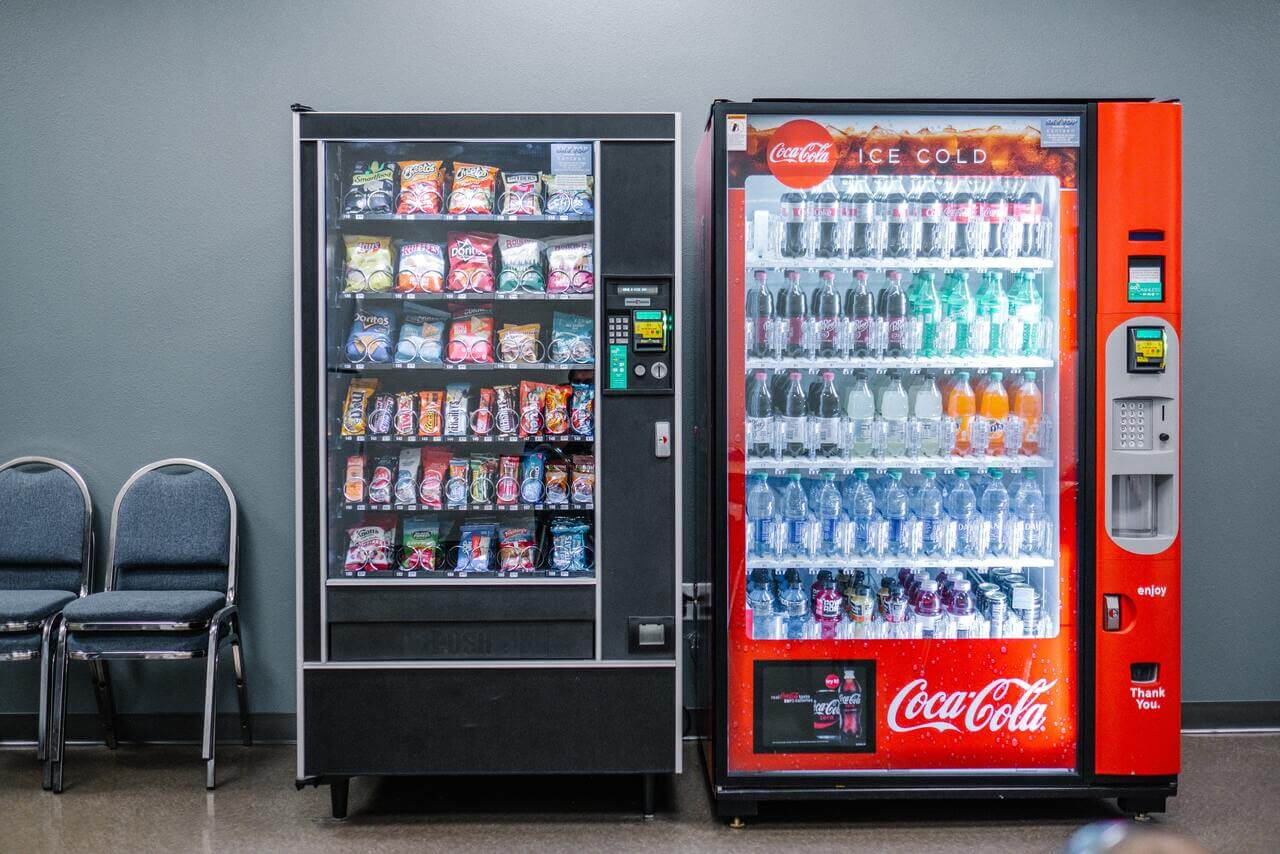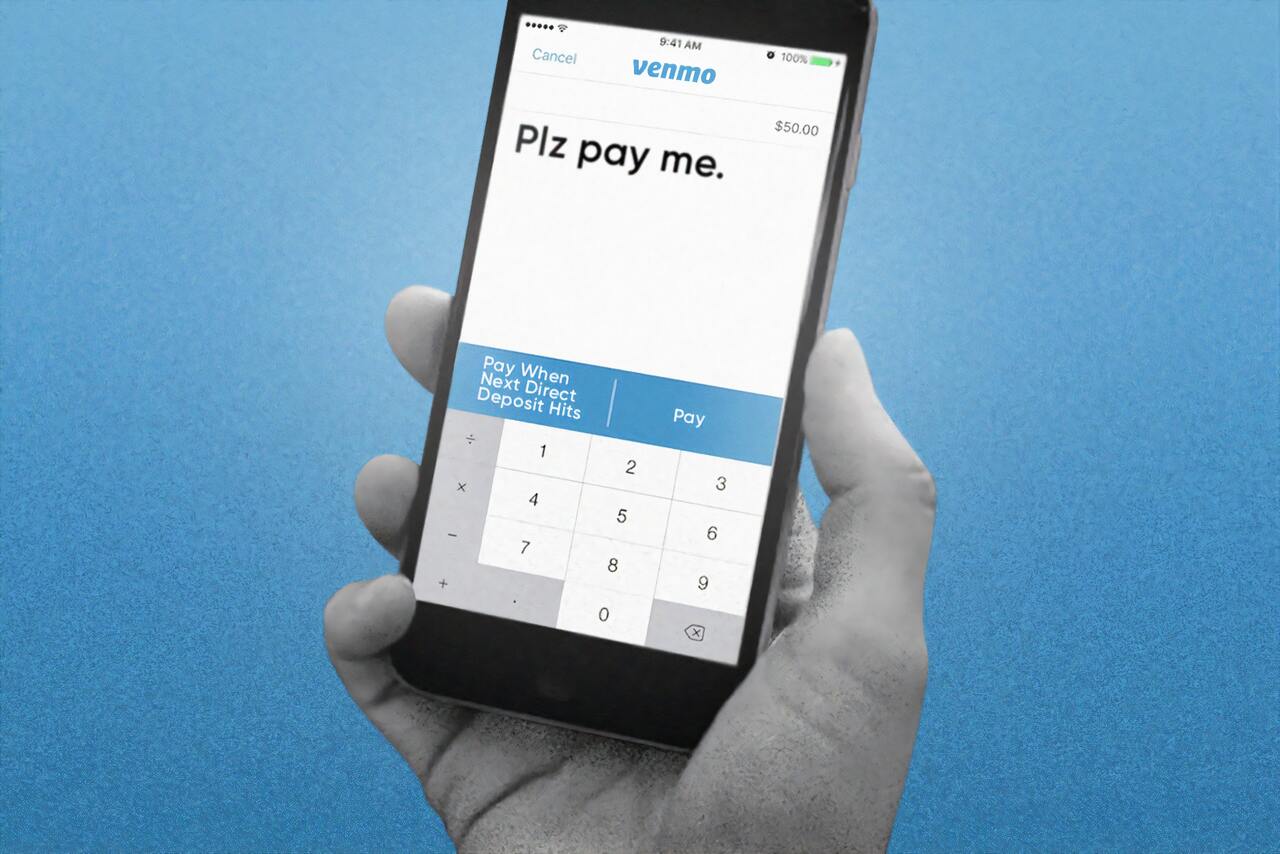
07Jul2025
Latest News & Report / Vietnam Briefing
Comments: No Comments.
In recent years, online sales of hand-carried goods have become increasingly popular in Vietnam, particularly on e-commerce platforms and social media. However, the rapid growth of this business model has posed several challenges in tax management, product quality control, origin verification, and fair competition. In response, the government is implementing tighter regulations to support the development of officially imported goods. These efforts help level the playing field, allowing officially imported products to compete more fairly on price while ensuring better quality, warranties and consumer protections.
The Growth of Hand-Carried Goods Online in Vietnam
Hand-carried sales involve importing goods bought from abroad (usually developed countries such as the US, EU, Japan, Korea) and brought into Vietnam either through personal luggage or shipping services. Hand-carried goods become popular during the early stages of trade liberalization, especially after the trade agreements with the Soviet Union (1991) and Vietnam’s accession to ASEAN (1995).
The rising demand for foreign goods, along with the resumption of international flights by Vietnam Airlines to Bangkok, Paris, and Moscow in 1993, laid the groundwork for the growth of hand-carried imports.
Initially, such goods were mainly brought back by flight attendants, pilots, and people traveling abroad for business or tourism. Popular items included cosmetics, dietary supplements, clothing, household appliances, and electronics. In recent years, the business and transportation of hand-carried goods have grown even more robust due to increasing demand.
According to a report by e-commerce data company Metric, the total transaction value on e-commerce platforms reached VND 319 trillion in 2024, a 37.36% increase from 2023[1]. The boom in e-commerce has not only expanded market scale but also made hand-carried sales more accessible and convenient.
Online retail sales on E-Commerce (Including Shopee, Tiktok Shop, Lazada, Tiki, Sendo)
(Unit: trillion VND)
Source: Metric
Online platforms, especially through livestream selling, allow vendors to reach customers quickly, reduce rental costs, and foster direct interaction and trust. Additionally, hand-carried sales are thriving on social media platforms such as Facebook and Instagram. These channels not included in official statistics but hold a significant share in real-world business activities.
Market share of largest E-Commerces, 2024
(100%=25 billion USD)
Sources: “Google, Temasek and Bain & Company”[2]
Violations and Consequences of Online Hand-Carried Sales
Despite offering high profits, many individuals and small business owners engaged in hand-carried sales have not fully complied with their tax obligations, causing budget losses and creating unfair competition for officially imported products (which must comply with all regulations, resulting in higher costs). Below are the types of taxes commonly evaded by hand-carried sellers[3]:
– Import Tax: Applied to goods exceeding the duty-free allowance (VND 10 million per person per trip). Many sellers exploit loopholes by bringing in goods under personal travel to avoid declaration.
– Value-Added Tax (VAT): Usually at 10%, calculated on the total value of goods post-import tax. Hand-carried goods often skip this tax due to lack of import procedures.
– Special Consumption Tax (SCT): Applied to items such as alcohol, tobacco, high-end cosmetics, perfumes, mobile phones, etc.
– Personal Income Tax (PIT): For sellers with annual revenues over VND 100 million (tax rate of 0.5%). Many individuals avoid this by not registering for their business.
– Business License Tax: Required if annual revenue exceeds VND 100 million, ranging from VND 300,000 to VND 1 million.
– Customs Fees: Often bypassed due to the undeclared nature of hand-carried goods.
– Environmental Protection and Anti-Dumping Taxes: Applied to specific products but usually evaded.
Moreover, hand-carried goods are not subject to quality control, posing potential risks to consumer safety. Products of unclear origin may harm health and compromise consumer rights. Nevertheless, consumers often overlook these potential risks and continue to prefer hand-carried goods because of their foreign origin, lower prices compared to official imports, and the convenience of a wide and readily available product selection.
Government Regulatory Actions
To address these issues, the government has implemented several measures to tighten control over hand-carried online sales. According to Circular 40/2021/TT-BTC, from August 1, 2021[4], e-commerce platforms are required to withhold and pay VAT and PIT (Personal Income Tax) on behalf of individual sellers, at rates of 1% and 0.5%, respectively. This aims to ensure fair and comprehensive tax collection across business models.
In addition, tax authorities have ramped up inspections, monitoring, and enforcement against violations. The use of IT in tax administration such as linking e-commerce platform data with tax authorities enhances efficiency and reduces tax evasion.
The government’s regulation of hand-carried goods business helps create a transparent business environment and protects consumer rights.
Opportunities for Officially Imported Goods
The stricter control of online hand-carried sales opens new opportunities for officially imported products. As hand-carried goods face tighter scrutiny and lose their price advantage, consumers are more likely to shift toward officially imported items that guarantee quality, origin, and warranty rights. This trend encourages businesses to invest in product quality, after-sales services, and brand building, fostering consumer protection and a healthier business environment. It’s a chance for legitimate enterprises to strengthen their position and pursue sustainable growth.
———–
With over 15 years of experience in the Vietnamese market, B&Company is proud to be a strategic partner supporting many brands in their journey to effectively, legally, and sustainably enter and expand their businesses. We offer comprehensive market research solutions from industry trend analysis and consumer behavior studies to competitor and distribution chain assessments, helping businesses accurately identify target segments and optimize market strategies. Beyond data, B&Company provides guidance on business models compliant with Vietnam’s legal framework, connects businesses with trusted local partners, and builds long-term development roadmaps, enabling brands to enhance competitiveness and create lasting value in the local market.
[1] Online Retail Market Landscape 2024 & Forecast 2025: https://www.scribd.com/document/842824046/Metric-online-E-com-Report-2025-English-Ver-1740491205?utm_source=chatgpt.com
[2] ‘e-Conomy SEA 2024’ report (Google, Temasek và Bain & Company): https://economysea.withgoogle.com//intl/ALL_vn/home/?b%27utm_source=chatgpt.com%27
[3] Legal Information Portal: lhttps://thuvienphapluat.vn/hoi-dap-phap-luat/839E580-hd-hang-hoa-nhap-khau-vao-viet-nam-phai-chiu-cac-loai-thue-nao.html
[4] Legal Information Portal: https://thuvienphapluat.vn/van-ban/Thue-Phi-Le-Phi/Thong-tu-40-2021-TT-BTC-huong-dan-thue-gia-tri-gia-tang-thue-thu-nhap-ca-nhan-477635.aspx
| B&Company
The first Japanese company specializing in market research in Vietnam since 2008. We provide a wide range of services including industry reports, industry interviews, consumer surveys, business matching. Additionally, we have recently developed a database of over 900,000 companies in Vietnam, which can be used to search for partners and analyze the market. Please do not hesitate to contact us if you have any queries. info@b-company.jp + (84) 28 3910 3913 |











